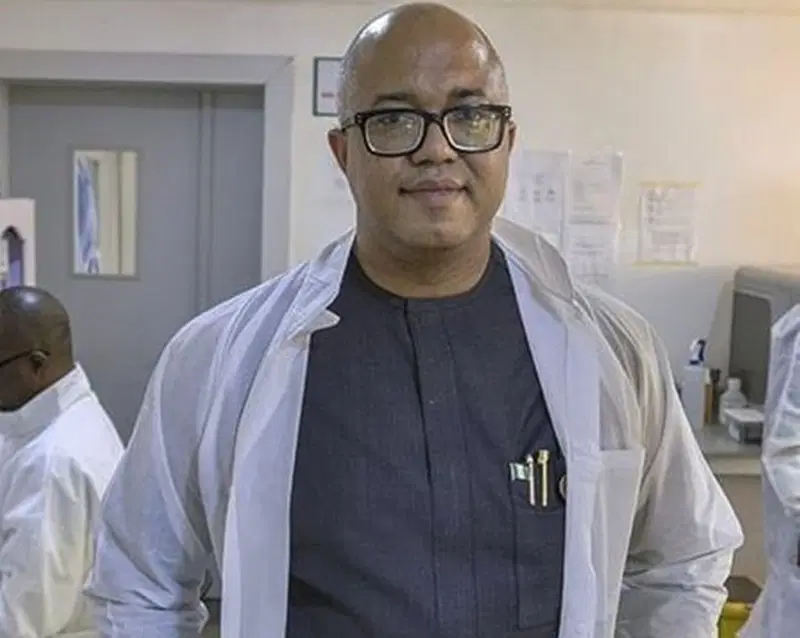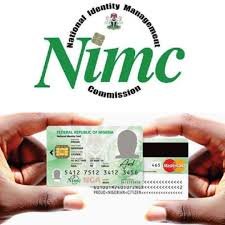Korede Abdullah in Lagos
As Nigeria strives to achieve Universal Health Coverage (UHC), a critical challenge lies in reaching the “zero-dose” children—those who have not received any routine vaccinations.
In a unified national effort, the World Health Organisation (WHO), National Primary Health Care Development Agency (NPHCDA), and UNICEF marked African Vaccination Week in Abuja, emphasizing the need to address this urgent public health issue.
Acting WHO Regional Director for Africa, Dr. Chikwe Ihekweazu, called for renewed commitment, stating, “Every person, especially children, must have access to lifesaving vaccines,” as the continent celebrates African Vaccination Week 2025.
During a high-level immunization dialogue, Dr. Eshetu Wassie from WHO highlighted the urgency of identifying zero-dose children, declaring, “We must locate who is missed, understand why, and act, child by child.”
He underscored the importance of strengthening Nigeria’s surveillance systems and implementing targeted strategies, as measles outbreaks remain a threat even with 90% vaccination coverage.
Meanwhile, Executive Director of NPHCDA, Dr. Muyi Aino, stressed the need for sustainable health systems, saying, “We’re not just revitalising buildings; we’re building systems,” as the agency focuses on empowering local governments to take ownership of health services.
UNICEF’s Christian Munduate addressed the barriers faced by underserved populations, noting, “These children aren’t just missed; they are excluded.”
She explained that UNICEF is shifting to humanitarian-style programming to reach these vulnerable groups, deploying mobile outreach teams and addressing hidden costs that prevent families from accessing free vaccines.
The collaboration among the three agencies emphasizes that the success of these initiatives hinges on political will, consistent financing, data transparency, and community ownership, as Nigeria remains committed to finding and supporting its unreached children.



